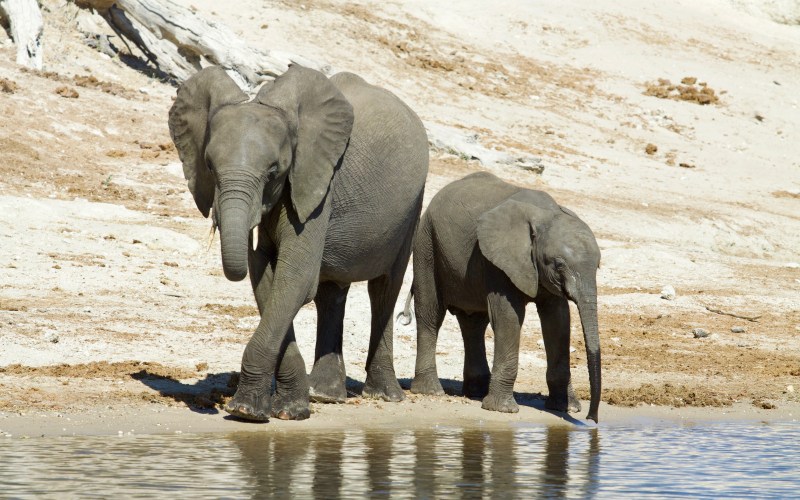By Nokuthaba Dlamini
COMMERCIAL poaching significantly reduced last year in Zimbabwe compared to the previous years, due to an introduction of high technology anti-poaching surveillance methods to counter the challenge.
Zimbabwe Parks and Wildlife Management Authority (Zimparks) has, over the years, struggled to contain the influx of poaching in parks with commercial poachers specifically targeting elephants, rhinos and lions which have a huge market in Asian countries.
Zimparks spokesperson,Tinashe Farawo told CITE that trends have been declining especially in 2020.
“Our poaching trends at a national level have been declining especially last year where we only recorded twenty elephants being killed by poachers in Hwange National Park and in Matusadona area where most of these species are dominant,” Farawo said.
“We have also seen a huge decline in rhino poaching compared to the previous year (2019) where a total of 39 rhinos were poached mainly in Motopo National Park, only eight were killed in 2020.”
According to Zimparks statistics, the trends of lion poaching remained unchanged from 2018 with four lions being poached, yearly, in various parks dotted across the country.
The data shows that in 2018, twelve elephant were killed before the figure jumped to thirty the following year.
For rhinos, in 2018, 40 of them were killed.
Farawo said the decline was mainly attributed to the introduction of high technology drones and vehicles.
“We have adopted the use of drones in our parks and that has yielded good results,”Farawo said.
“Before, containing these commercial poachers was more difficult and riskier because we used to deploy our rangers in the park without any specific alert and that often times led to exchange of fire resulting in fatalities as our rangers would have been caught unaware by poachers.
“We have also managed to purchase over 100 vehicles since 2018 for our rangers, so the drones and vehicles complement each other in the sense that whenever we spot some unusual activities in our parks, our rangers are immediately dispatched to surround the area.
“Through the use of these drones, our rangers have come into contact with armed poachers resulting in fire exchange and a total of five of these poachers have been shot and killed, while another five have been injured.”
Farawo also attributed the reduction in poaching activities to community awareness campaigns and stiff jail sentences.
“The message in our judiciary services department has been clear and firm,” said Farawo.
“For instance, if a poacher is convicted of killing an elephant the mandatory sentence is nine years and that has played a key role in reduction of poaching cases. The message has been sent loud and clear and the law is very merciless when it comes to preservation of our animal,”
“We have also intensified our anti-poaching campaigns in communities bordering our parks and that has helped a lot because even the villagers and traditional leaders are the ones who now come to report if they suspect that there are intruders.”

